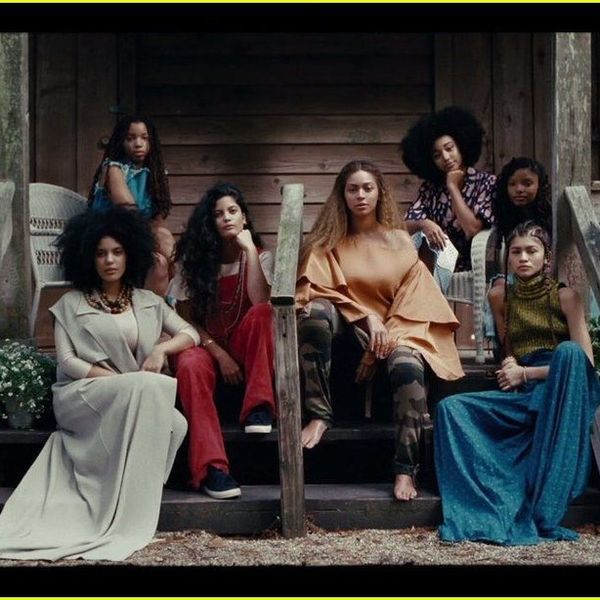Despite all of its ups and downs, one thing remained consistently great throughout 2016 and that was music. 2016 in many ways was a musical renaissance, showcasing an abundance of spectacular bodies of work from not just the usual top of the top musicians but also from newer musicians as well as musicians who had something to prove. Reflecting on this past year, it was undoubtedly the first year since 2010 in which musicians collectively aspired for and delivered greatness consistently.
Among the notable bodies of work, “A Seat At The Table” by Solange stands tall and proud. The album is laid-back and mellow R&B and, throughout it, Solange discusses thoughts and feelings related to her race and gender. This album became her first #1 album on the Billboard 200 chart, a chart which measures the most popular albums each week in the United States. The album also earned Solange’s first Grammy nomination; a month ago, the Grammys revealed she earned a Best R&B Performance nomination for “Cranes in the Sky,” the lead single of “A Seat At The Table."
Solange’s sister, Beyoncé, also had a successful 2016; the two sisters each released personal albums that were critically acclaimed and praised greatly for the way in which they combined their identity, race, and gender with their music. Solange and Beyoncé produced similar but different bodies of work that define and celebrate not just themselves but also their family, communities, and the art their communities create.
So, in many ways, it was fitting for Beyoncé to interview Solange about her newfound success, praise, and inspiration in relation to "A Seat At The Table." The interview which appears in the February 2017 issue of Interview Magazine is brilliant and insightful with Solange stressing how her family and community greatly affected the album in addition to her identity, race, and gender.
One of the highlights of the interview is Solange's response to Beyoncé's inquiry on where her own personal inspiration to be so involved with the creation process of her art comes from. Solange explains that it was their mother who, throughout their childhood, taught and stressed to them the importance of being in control of their voices, bodies, and work. Solange then adds that their mother led by example and she was not willing to hand anything over to someone else.
Solange brings this approach into perspective: “There's no way to succeed without having a team and all of the moving parts that help bring it into life. But I do have—and I'm unafraid to say it—a very distinctive, clear vision of how I want to present myself and my body and my voice and my perspective. And who better to really tell that story than yourself?”
Both their mother and father make appearances on "A Seat At The Table" in the form of interludes in which they share their personal experiences with race and identity. Solange explains her father's inclusion felt right because she was raised by him “not to take the first thing that came our way, to build our own platforms, our own spaces, if they weren’t available to us” and she considers him to be a solid example of that.
In the preface, Interview Magazine describes Solange as a "groovy Dionysian hipster" to Beyoncé's "Apollonian majesty", a fitting description for the two sisters who are both in their own distinctive lanes and still compliment each other naturally. Solange has delivered an incredible album with "A Seat At The Table" and this interview further supports her brillaince as an artist and as a person.
Solange's interview with Beyoncé for the February 2017 edition of Interview Magazine is available to be read in full on their website.




















